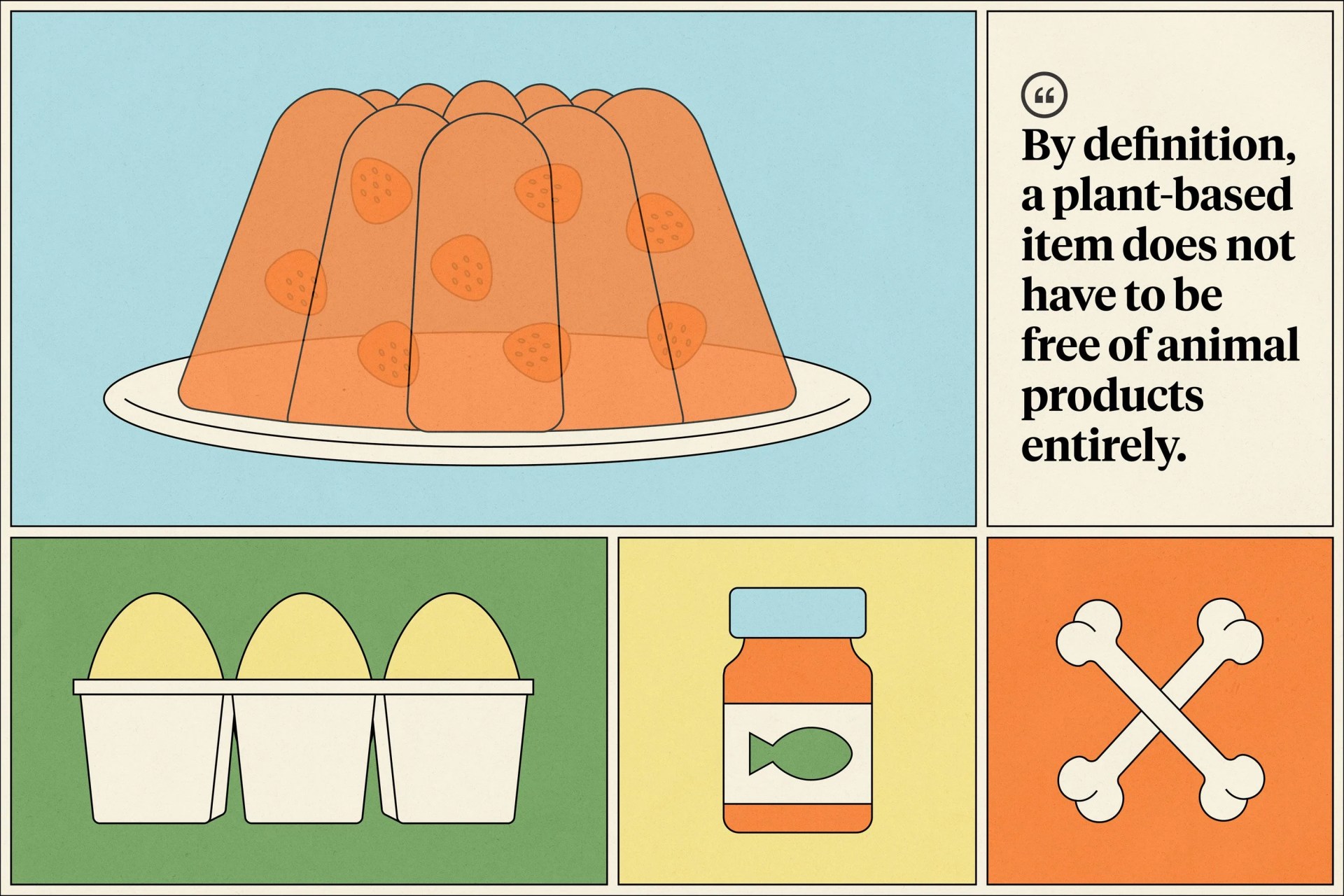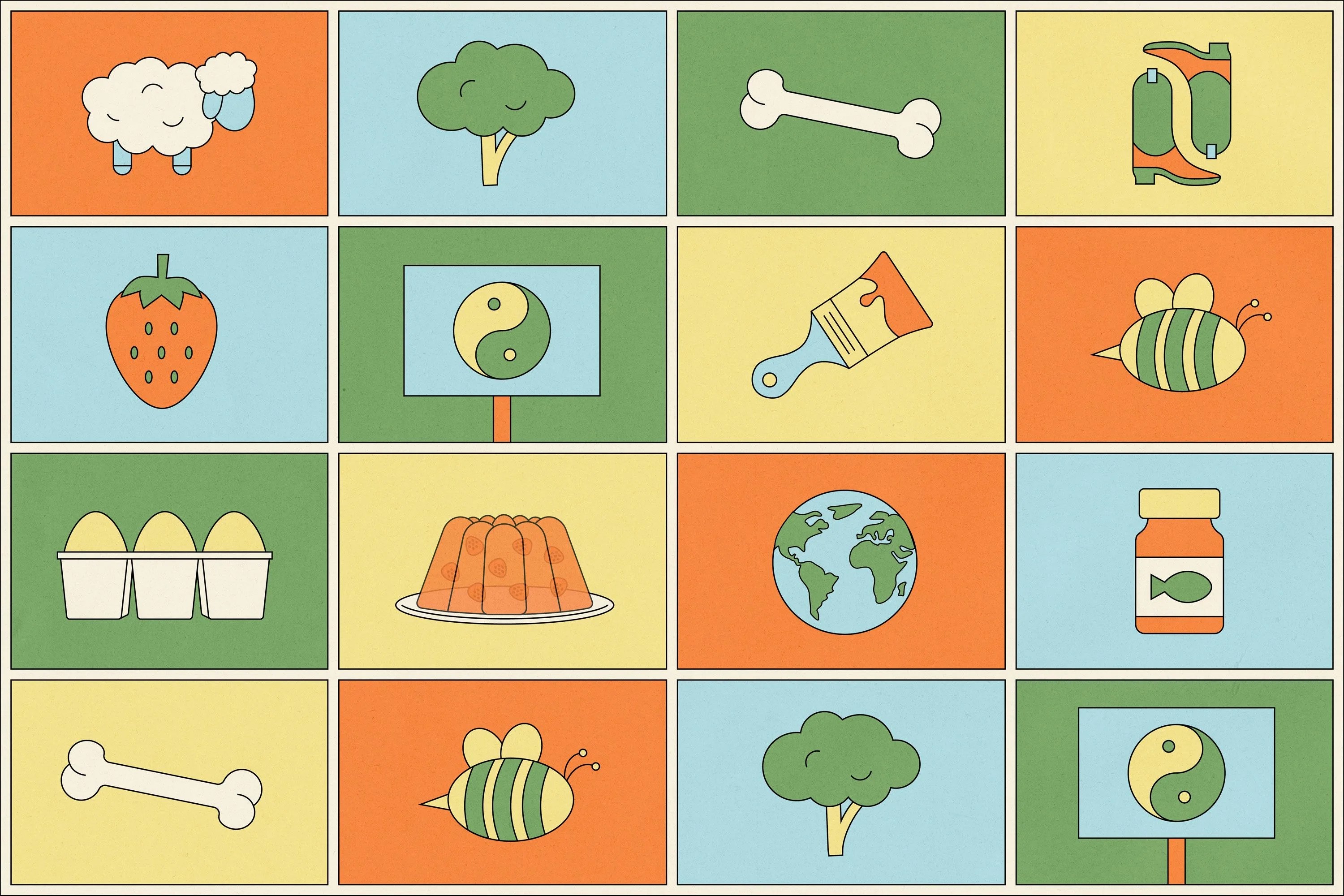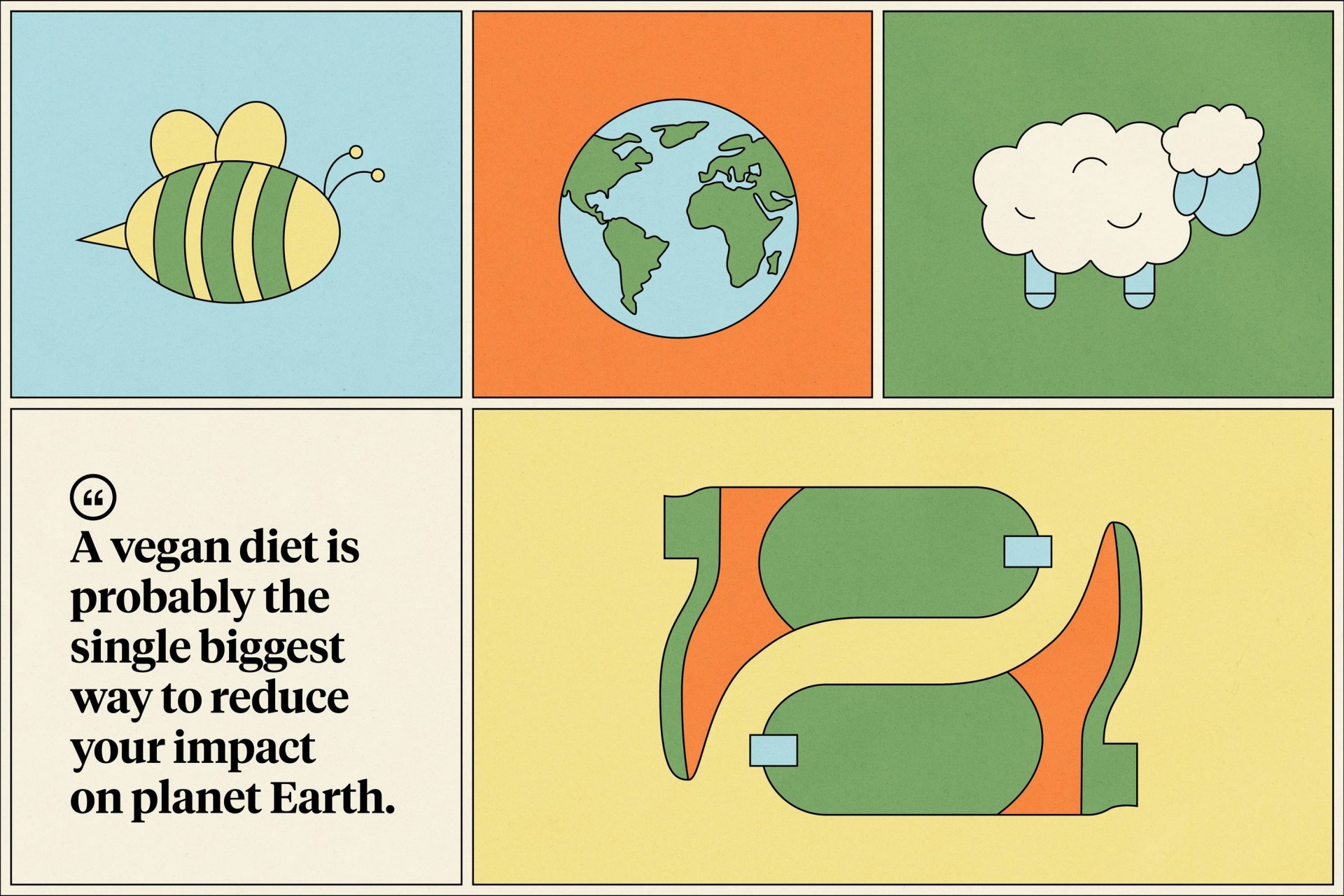Of all the varying food and lifestyle words and phrases currently floating around, two terms are growing rapidly in popularity around the world: vegan and plant-based. In fact, plant-based foods just eclipsed a record-breaking $8 billion mark in U.S. retail for the first time ever. While the two terms seem similar, there are some very important, significant distinctions between the two. Put simply: these terms are not interchangeable, despite how synonymous they may appear to be.
To make navigating this increasingly prominent and sometimes confusing landscape a bit simpler, we’re taking a deeper dive. Here’s what each term means, what they have in common and how they are different.
Plant-Based: A Diet-Focused Decision
Technically speaking, “plant-based” can refer to anything from food to clothing (and really any other consumer product). More often than not, however, it refers specifically to food items. Defined by Dictionary.com, the term means “relating to or being a food consisting entirely or mainly of whole or minimally processed plant parts, such as vegetables, fruits, grains, nuts, legumes, and seeds.”
 Evan Richards
Evan RichardsGenerally speaking, plant-based food is vegan. But that first part of the definition — “consisting entirely or mainly” — is what should cause some concern for those trying to avoid animal products entirely. That’s because, by definition, a plant-based item does not have to be totally free of animal products. It may contain a litany of animal-derived ingredients including egg, dairy, bones (gelatin), shells (shellac or confectioner’s glaze), fish oil, proteins and more. Look on the back of an ice cream pint labeled plant-based rather than vegan, for example, and you are likely to spot at least one of these ingredients.
By definition, a plant-based item does not have to be totally free of animal products.
People who partake in a plant-based diet typically do so for different reasons than those who embrace veganism. Perhaps one of the best examples is the popular Forks Over Knives organization. Inspired by a book and documentary of the same name, Forks Over Knives promotes a plant-based diet that is not expressly vegan. Rather (in the organization’s own terms), it seeks to empower people to eat “whole, unrefined or minimally refined plant foods and [exclude] or [minimize] meat, dairy products, eggs, and highly refined foods such as bleached flour, refined sugar, and oil.” Founder Brian Wendel is a big believer in “the disease-reversing power of a plant-based diet.” In other words, it’s more about health than a moral stance.







